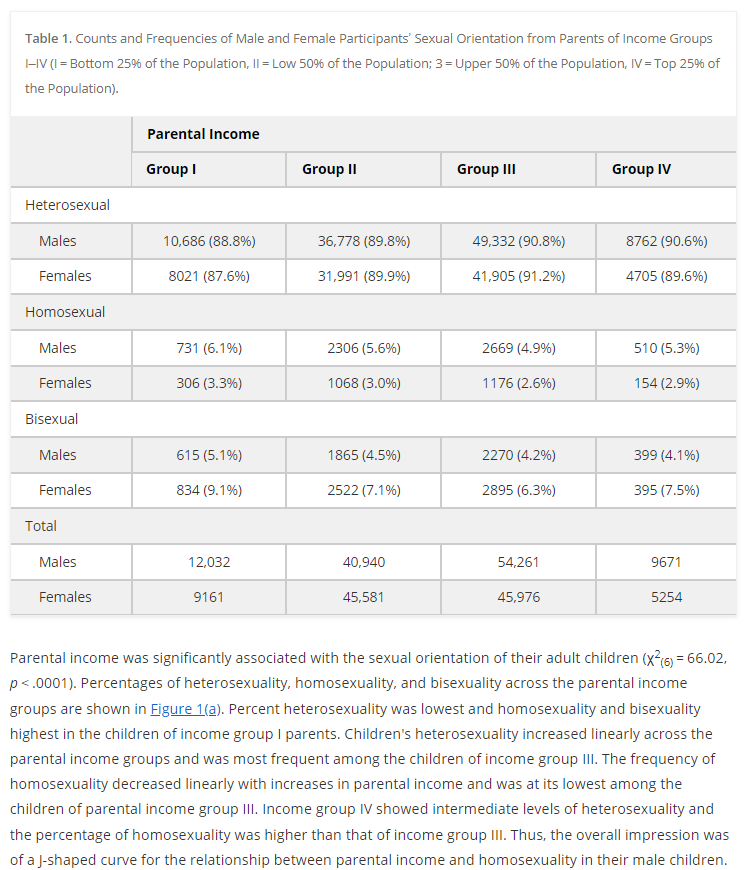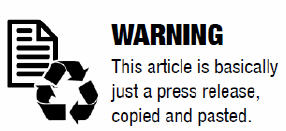 Cancel Culture Prevents The Best Researchers From Engaging With The Food Industry
Cancel Culture Prevents The Best Researchers From Engaging With The Food IndustryAfter Chris Wild took over the International Agency for Research on Cancer (IARC), a UN-funded...
 Vermont Should Stop Showing Leadership In Overruling Scientists On Farming
Vermont Should Stop Showing Leadership In Overruling Scientists On FarmingDespite Vermont's Agricultural Innovation Board (AIB), created to inform regulatory recommendations...
 Evolutionary Psychology: Your Parents Income During Pregnancy Made You Gay
Evolutionary Psychology: Your Parents Income During Pregnancy Made You GayEvolutionary psychology, the discipline that claimed we're being manipulated by flowers and evolved...
 Oil Kept Congo From Starving - Western Academics Don't Seem To Like That
Oil Kept Congo From Starving - Western Academics Don't Seem To Like ThatIf even a wealthy like Germany has to lie about emissions to placate government-funded environmentalists...









